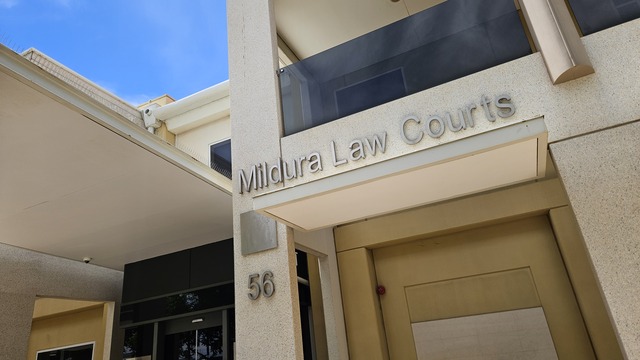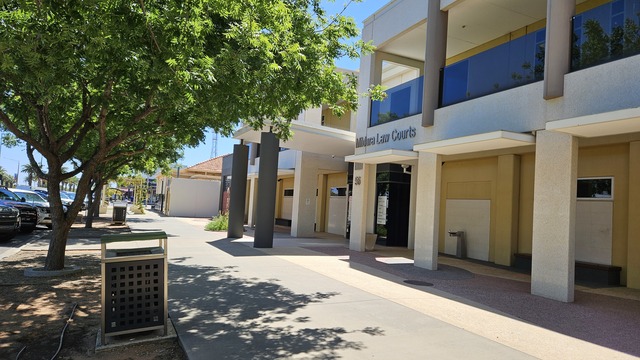THE Victorian Government this week tabled legislation in parliament that it claims will ensure people struggling to pay their rates are not being driven into further debt, or out of their homes.
The Local Government Amendment (Rating Reform and Other Matters) Bill 2022 will explicitly define “financial hardship” and require early engagement from councils with ratepayers.
Under this new legislation, councils will also no longer be able to use debt collectors or pursue legal action – which can result in homes being sold to pay back debts to council – unless ratepayers refuse to engage and all other options have been exhausted.
It is a welcome move in one respect.
A few years ago, I hadn’t received my rates notice from Mildura council in the mail because we had moved address. When I chased it up with council, I discovered I had just two weeks to come up with nearly $5000, a jaw-dropping amount. I asked for an extension, but was knocked back unless I met a strict criteria. There was no wriggle room, some bureaucrat in Town Hall told me. It was heavy-handed and unreasonable, in my opinion, forcing us to borrow money from family to avoid getting 10 per cent interest compounded daily on top of our rates bill for every day we were late in payment.
But, you see, that isn’t even my issue with any of this.
The Victorian Government’s move to expand hardship policies for ratepayers who are doing it tough avoids confronting the actual problem. It is a measure to Bandaid over the cracks of a flawed rates system in this state.
Let’s explore that for a minute.
The Government’s report showed that Mildura is the fifth most disadvantaged municipality in the state, yet its residents are paying more in rates than nine of the 10 most affluent places in Victoria. You know, toff Melbourne suburbs such as Brighton and Toorak.
In some cases, we are paying six times the amount in comparison to others for houses of the same value. That’s right, six times!
As I have written about before in this column, my sister’s house in Box Hill is more than double the value of our house in the Mildura electorate, yet she pays well under half the rates we do.
Does the Victorian Government think that any of this is fair and equitable? That is the real issue here.
Rates are essentially a tax to pay for government services, yet they are calculated differently for every council, which is where regional and rural Victorians get stung.
The councils governing Melbourne suburbs like Box Hill or Toorak generate a higher rate base given their high-density populations, yet they have a far smaller area to govern. There are fewer parks, gardens and roads to maintain, their garbage trucks don’t have to travel too far, either, which means less time, less staff, less money. So these suburban councils win both ways, they have a high rate base to draw from and not much to spend those rates on.
In comparison, rural councils like Mildura have a low density rate base to draw from with a far, far greater area to maintain. Our council is looking after pools and libraries in Murrayville near the SA border.
It is a lose-lose situation for them.
Local residents often attack Mildura council for having such high rates, but it’s the system that is flawed.
So don’t for a minute get blindsided by this feelgood piece of legislation from Dan Andrews and the Victorian Government.
It is another smoke and mirrors attempt to distract people from the disgusting inequity, an issue they have refused to fix.
Member for Mildura Ali Cupper has taken up the fight on rates to Spring Street, with her “RateGate” campaign winning the support of Mildura Council.
Ms Cupper said the city-country inequity stemmed from how the State Government distributed federal assistance grants to councils.
“If you tweaked that setting, what you would find is that the increase to ratepayers in the city would be negligible – but it would have a huge impact (for ratepayer savings) in the regions,” she explained.
That is a meaningful change. Giving people a bit of extra time before councils can send in the heavies to collect their debts is not.

















